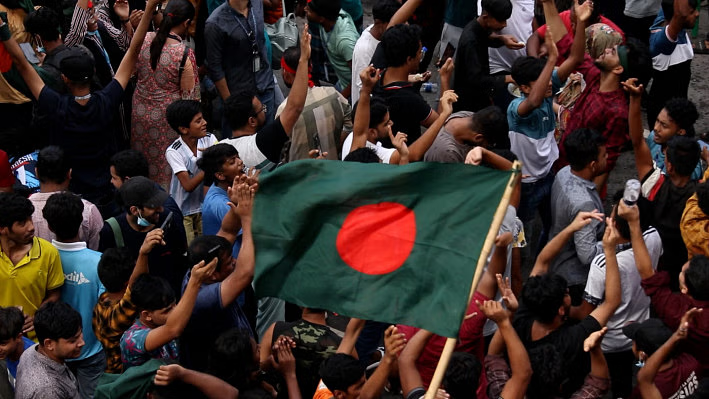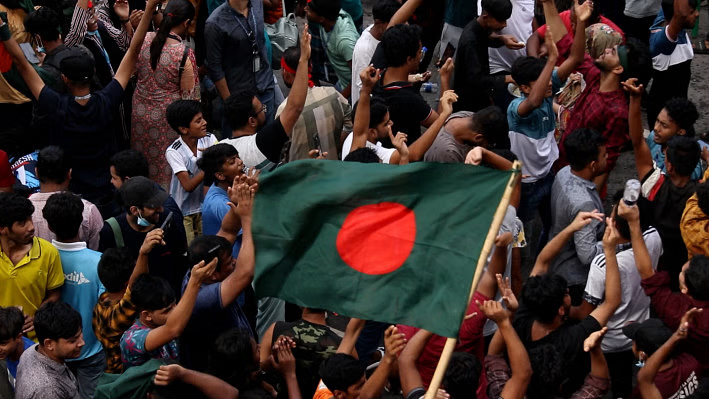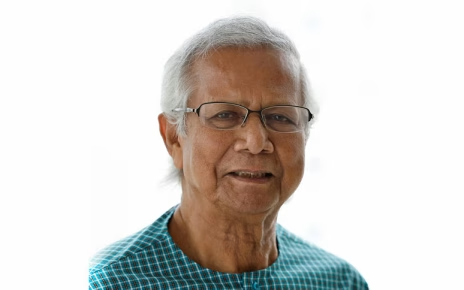
We Bangladeshis have a special strength, which enables us to form mass uprisings and put up resistance. There is a saying that rebellion against injustice is justified. In Bangladesh’s context, we can also say that rebellion against injustice is irresistible. Time and again, our people have risen against injustice, bringing victory. Then again, what is worrying is the defeat of the purpose that follows. We saw this in 1971, in 1990, and it is a matter of concern even now.
This movement was definitely a mass uprising. Though students started it, we saw everyone taking part in it—from children to the elderly. Parents of the students joined in, their teachers joined in; journalists, lawyers and ordinary citizens in the cities as well as remote areas joined in, coming out to the streets. This is a remarkable feat. A key characteristic of this uprising was that it was not led by any political party, unlike the movements in 1969, 1971 and 1990. Political parties did support the movement. The left democratic parties expressed support from the beginning. The BNP said they supported the movement a lot later on. But none of them were the leaders. This movement was truly led by the students, under the banner Students against Discrimination. This name is beautifully significant. The fascist government had spread its roots so deeply that no other political party deemed it possible to remove it. The strength that was displayed by these inexperienced students to make it possible, I think, is the inherent strength of Bangladesh.




This is the best opportunity…………………..